

 |
|
Mary Power, Professor
|
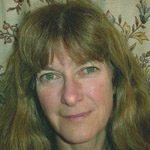 |
Mary Power, Professor, Integrative Biology
|
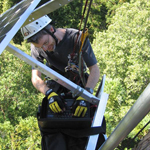 |
Collin Bode, Spatialist Project Manager for the Desktop Watershed IP, National Center for Earth-surface Dynamics (NCED). Designed and created the Angelo Reserve Environmental Observatory. I work in wireless habitat monitoring, spatial issues in ecological modelling, LiDAR feature extraction, ecoinformatics, and open source GIS. |
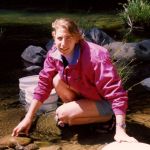 |
Sarah J. Kupferberg,
Ph.D. Visiting Scholar I study the effects of hydropower facilities on aquatic resources in California rivers. The river breeding Foothill yellow legged frog, Rana boylii is a sentinel species in this effort. I focus on flow velocity and water temperature as the key abiotic conditions influencing frog populations. My approach combines field experiments, long term monitoring, and population modeling. The work is supported by the Public Interest Energy Research Program of the California Energy Commission. |
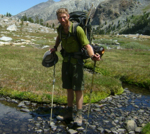 |
Keith Bouma-Gregson, USGS Collaborator
M.S. Natural Resources and Env., University of Michigan Ph.D. Integrative Biology, UC Berkeley kbg@berkeley.edu I am interested in algal and food web ecology. I want to investigate how interactions and the stoichiometry of algae, bacteria, and invertebrates affect food web structure and nutrient cycling in rivers. Currently I am researching the ecology of cyanobacteria and trying to understand when, where, and why cyanobacteria proliferate in rivers, and how cyanobacteria production moves through the foodweb. I am also involved with the volunteer monitoring group Eel River Recovery Project and am assisting them in the creation of algae monitoring and education programs. I am currently a Biologist with the US Geological Survey. |
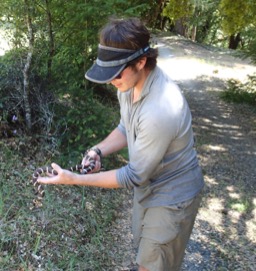 |
Philip Georgakakos, Postdoc B.S. Biology, Georgia Tech., 2011 Ph.D. Integrative Biology, UC Berkeley pgeorgakakos@berkeley.edu I am interested in how predators affect the ecosystems they are part of. Climate change has been already been shown to influence the strength and even direction of key biotic interactions; I aim to understand how these interactions will change to make predictions about the future state of ecosystems. More specifically I focus on the assemblage of fishes in the Eel River especially Sacramento pikeminnow (Ptychocheilus grandis), a predator introduced to the Eel. I would like to document how this large mobile predator impacts and is influenced by the other members of the river food web, and how these interactions will change in a warmer possibly drier world. I am currently a postdoc in the Grantham lab at UC Berkeley. |
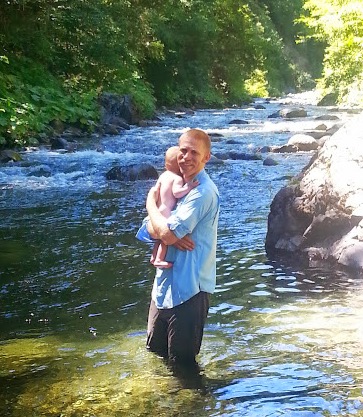 |
Gabe Rossi, Postdoc M.S. Humboldt State University Ph.D. Integrative Biology, UC Berkeley rossfactor@berkeley.edu I investigate the effect of streamflow and human water use on the salmonid food-web, juvenile salmonid behavior, and the ecological processes which support salmonid rearing and life history diversity in coastal streams. I have worked as a consultant in fisheries, hydrology, and river management. My professional experience has focused primarily on instream flow assessments to quantify the timing, duration, magnitude, and frequency of streamflows necessary to recover and sustain anadromous salmonids. In this capacity I have worked cooperatively with State and Federal resource agencies, NGO’s, municipal water departments, and Native American tribes. I am currently a postdoc in the Grantham lab at UC Berkeley. |